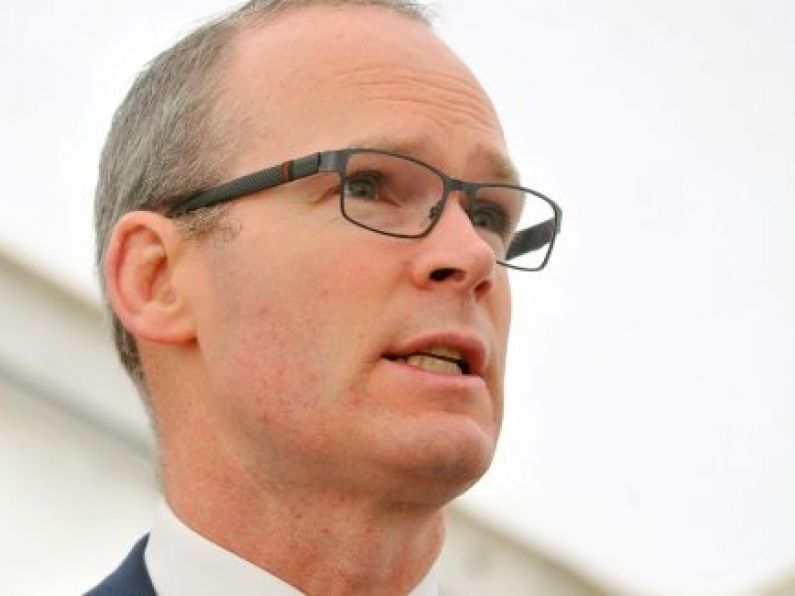By Press Association
People are being advised not to travel to any other country until the end of this month at least.
The Tánaiste last night confirmed that all non-essential travel should be cancelled and the UK is now included in that advice.
Simon Coveney says the decision was made because it has become impossible to make an exception for any one country.
"We've been trying to give travel advice to travellers trying to go to different parts of the world, different parts of the European Union, trying to distinguish between countries.
"That is becoming increasingly difficult and complex now because of the rapid pace of the spread.
"Our travel advice now is very clear: we are advising against all non-essential travel overseas and that is going to last until at least March 29."
Mr Coveney said the travel restrictions will be imposed on everyone who enters the Republic from now on. People who arrive will be asked to restrict their movements.
He said: “It is not quite self-isolation but involves significant restrictions.”
He said non-essential travel can be defined as “people who are choosing to go overseas and do not need to. This is our clear health advice”.
“We cannot be sure if they can get back and we predict there will be major disruptions to all flight activity in the coming weeks.
“Non-essential travel should not be happening to and from this island – we want to keep people safe and we want to ensure people get back safely.”
Prof Kingston Mills, a professor of experimental immunology, told Newstalk Breakfast that while he is happy with Ireland’s approach so far, he feels that the government should have curtailed travel at an earlier stage.
Eoghan Corry of Travel Extra says people will have to decide what they consider "essential travel".
"It isn't that significant in the context of the past two days but it was beforehand because it had implications for travel insurance," said Mr Corry.
"The way things are looking now, essential travel will be self-defined and it's really people deciding to defy the risks and go ahead."
Mr Corry said that among the risks involved is the possibility of being turned away at the border of some countries.
Useful information
- The HSE have developed an information pack on how to protect yourself and others from coronavirus. Read it here: https://www2.hse.ie/conditions/coronavirus/coronavirus.html
- Anyone with symptoms of coronavirus who has been in close contact with a confirmed case in the last 14 days should isolate themselves from other people - this means going into a different, well-ventilated room alone, with a phone; phone their GP, or emergency department;
- GPs Out of Hours services are not in a position to order testing for patients with normal cold and flu-like symptoms. HSELive is an information line and similarly not in a position to order testing for members of the public. The public is asked to reserve 112/999 for medical emergencies at all times.
- ALONE has launched a national support line and additional supports for older people who have concerns or are facing difficulties relating to the outbreak of COVID-19 (Coronavirus) in Ireland. The support line will be open seven days a week, 8am-8pm, by calling 0818 222 024






